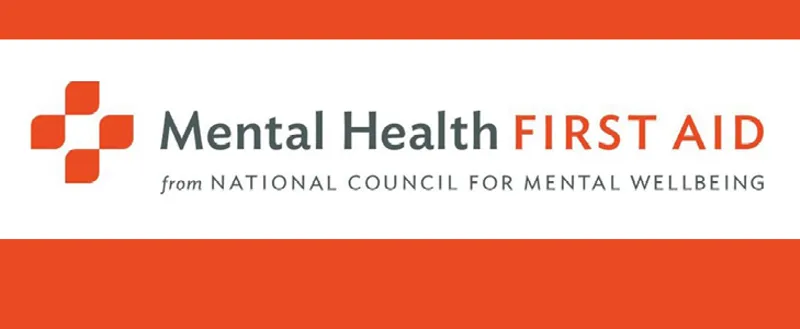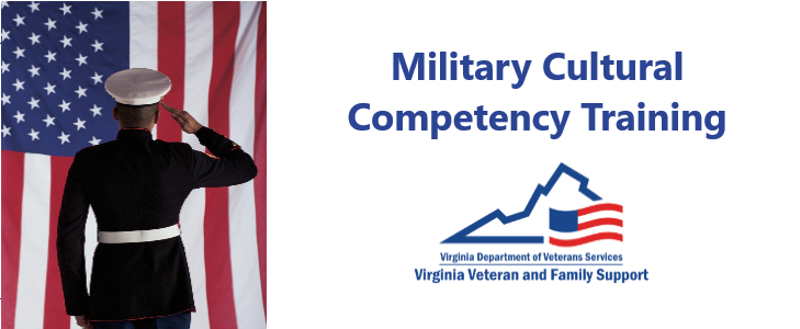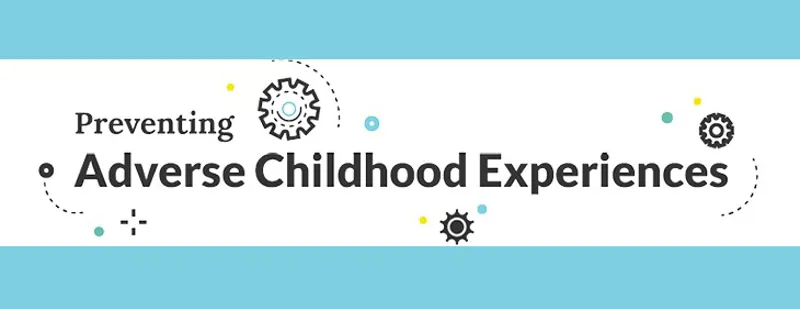Cannabis/Nicotine Series for Youth & Adult Care - Nicotine 301: Understanding and Managing Nicotine Use in Youth
10:00 AM This training is designed to build knowledge and skills for professionals working with youth at risk for or currently using nicotine products. Participants will learn how to provide effective health education aimed at reducing nicotine use among youth, recognize potential health complications related to early nicotine exposure, and explore two evidence-based interventions for treating nicotine/tobacco use disorders in adolescents. Additionally, the session will review three practical communication approaches to help initiate and sustain open, honest conversations with youth about nicotine and vaping. Click here to register or learn more!








